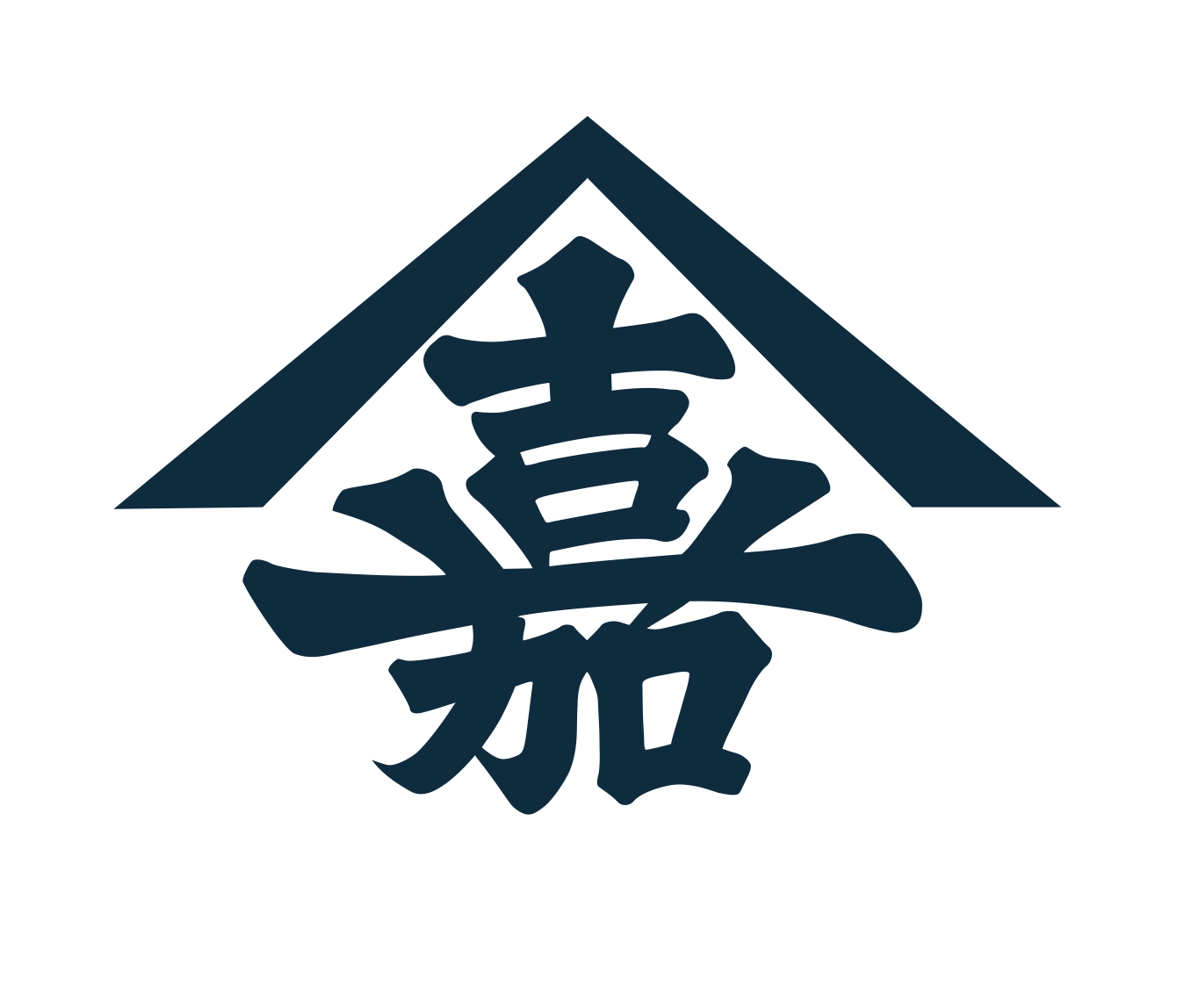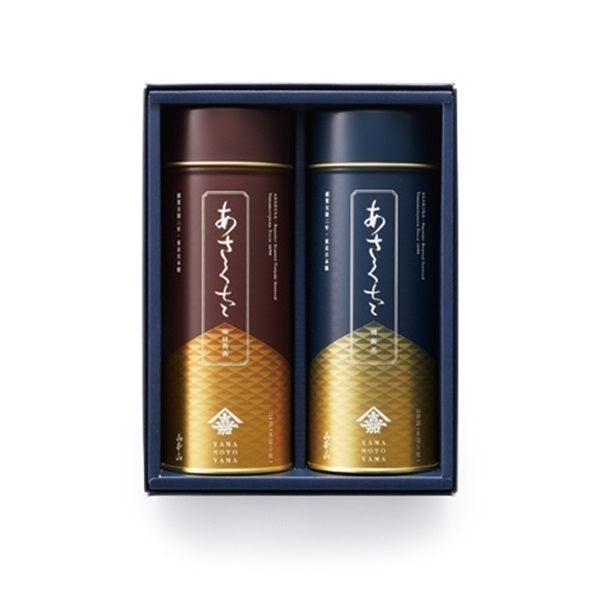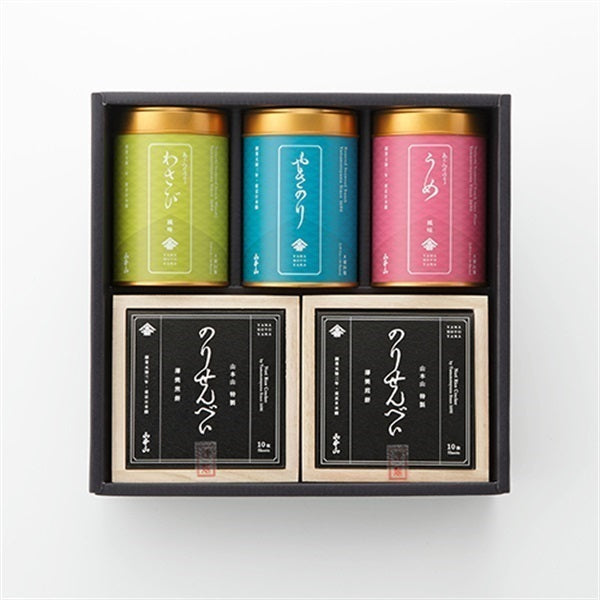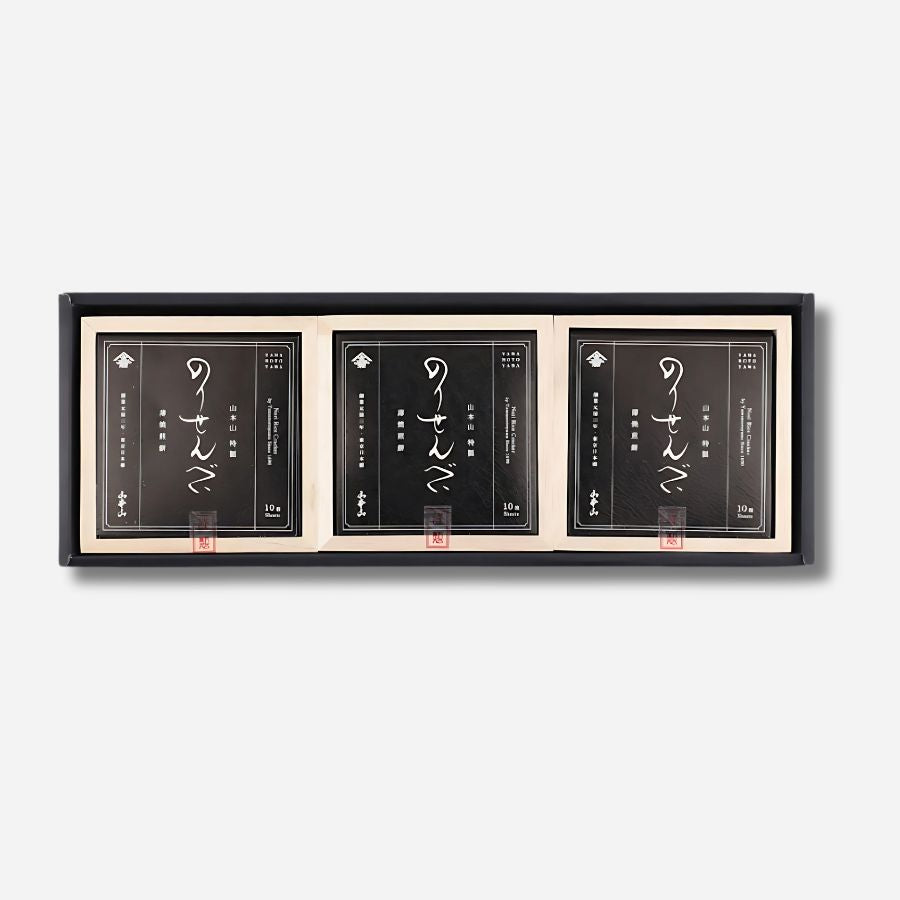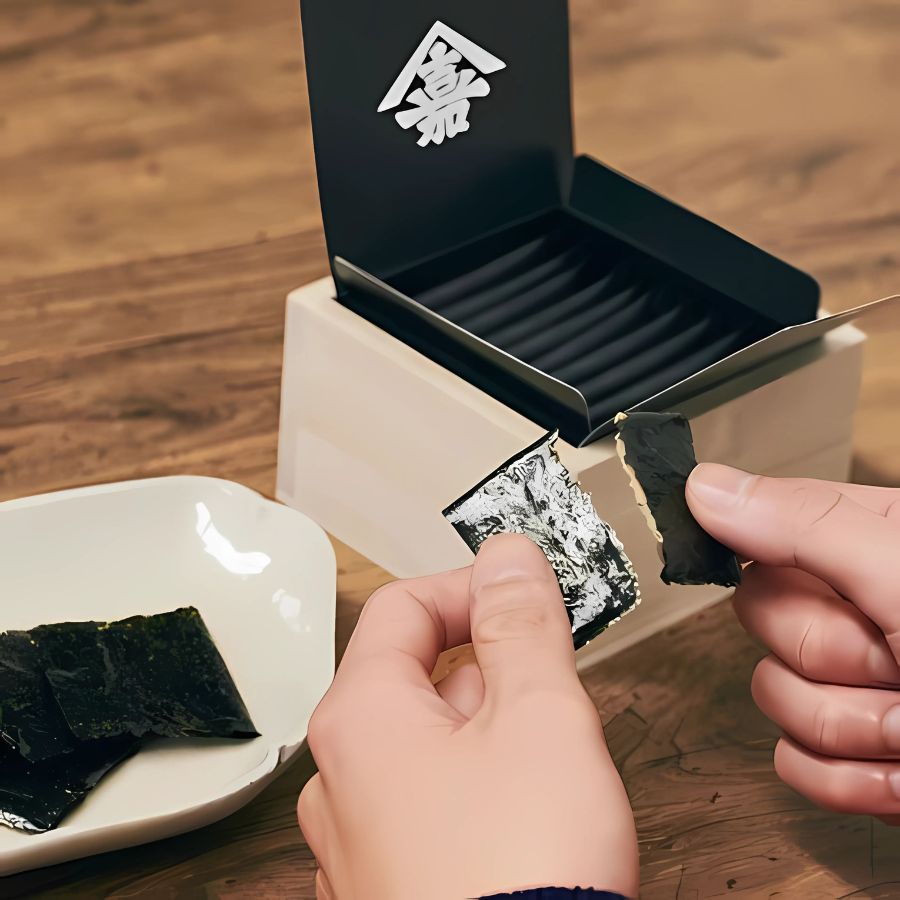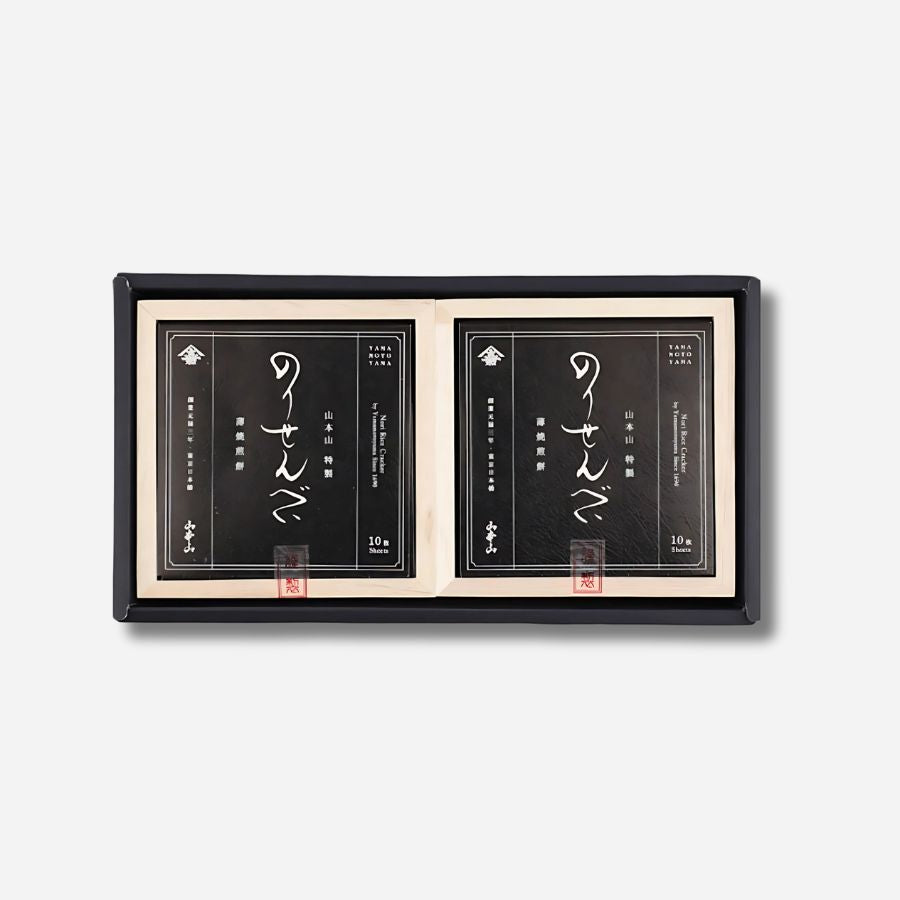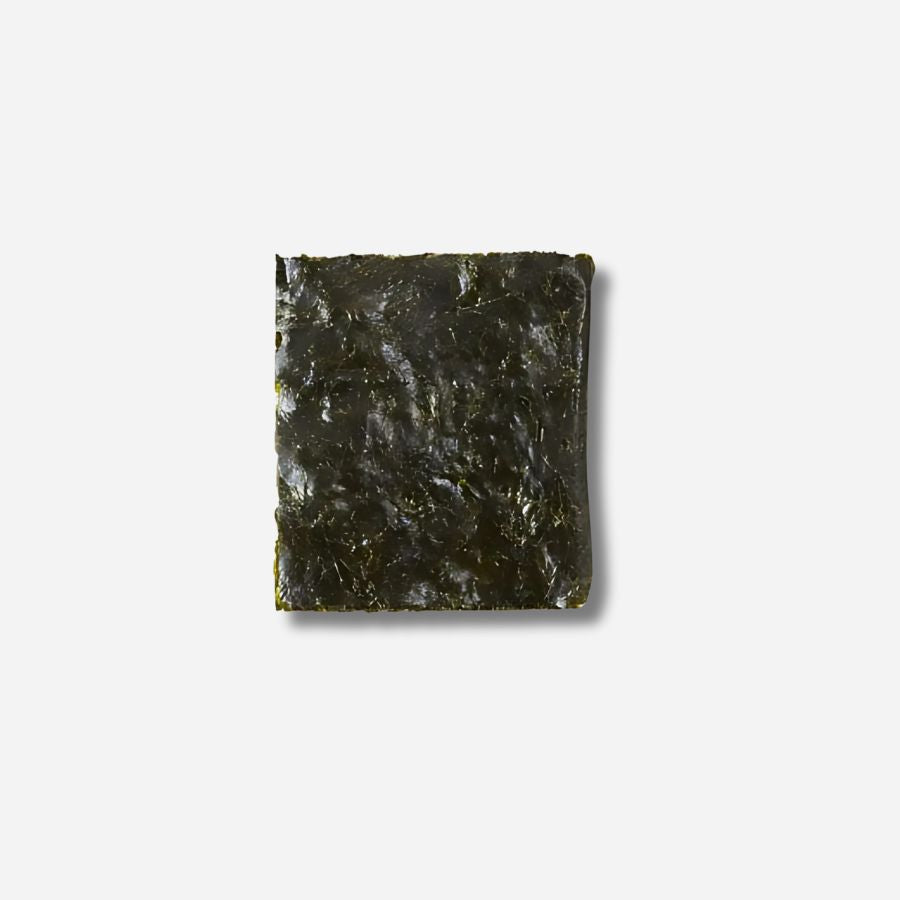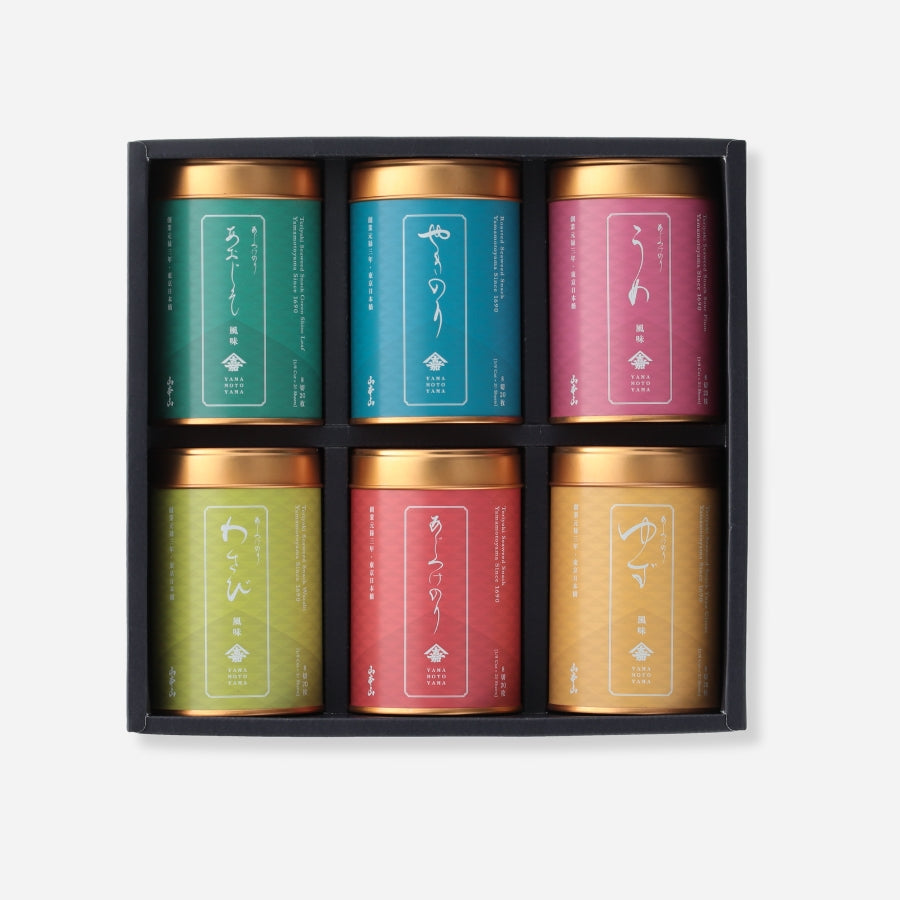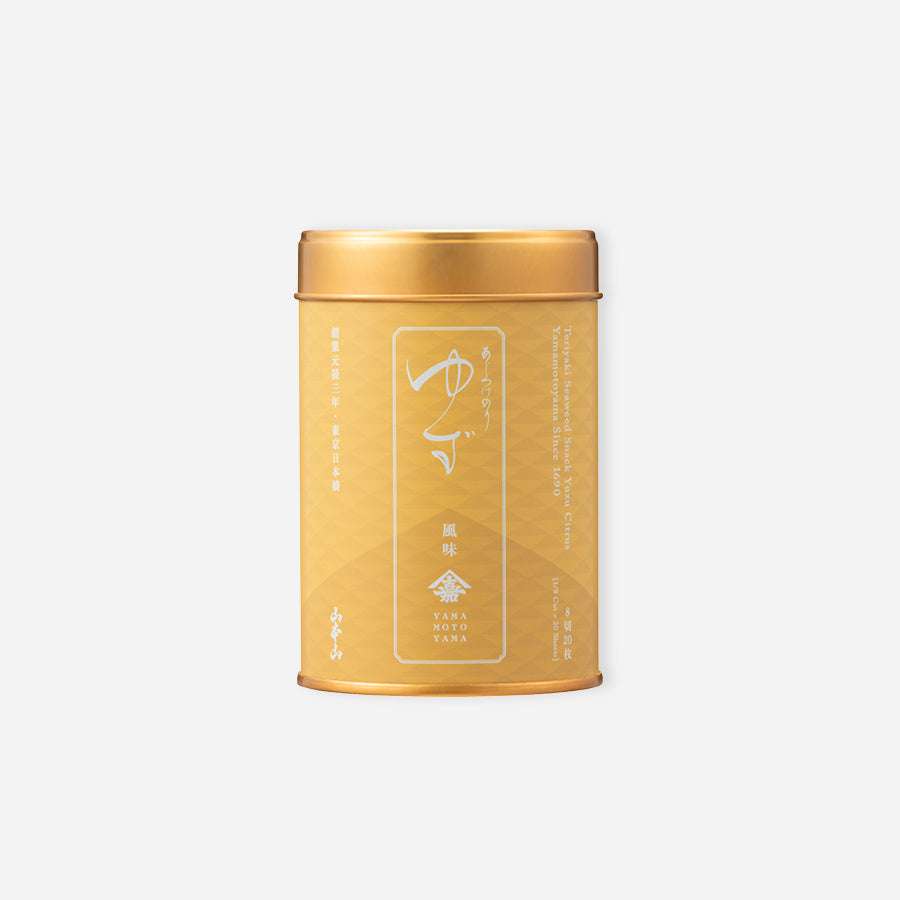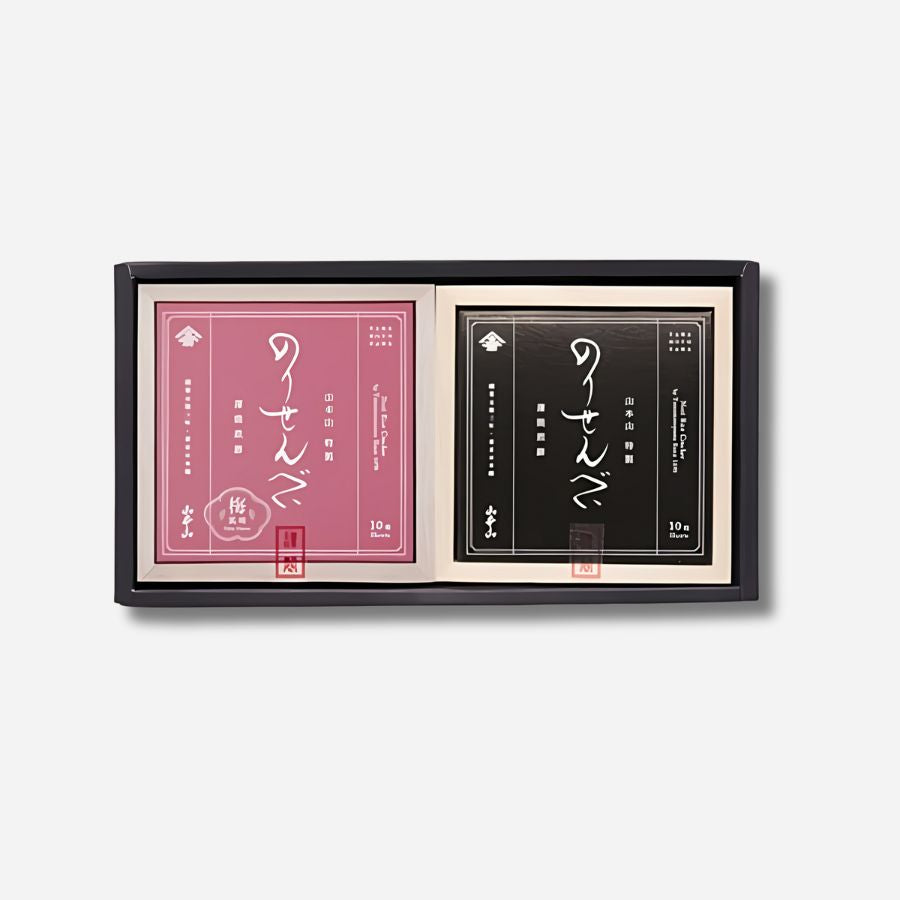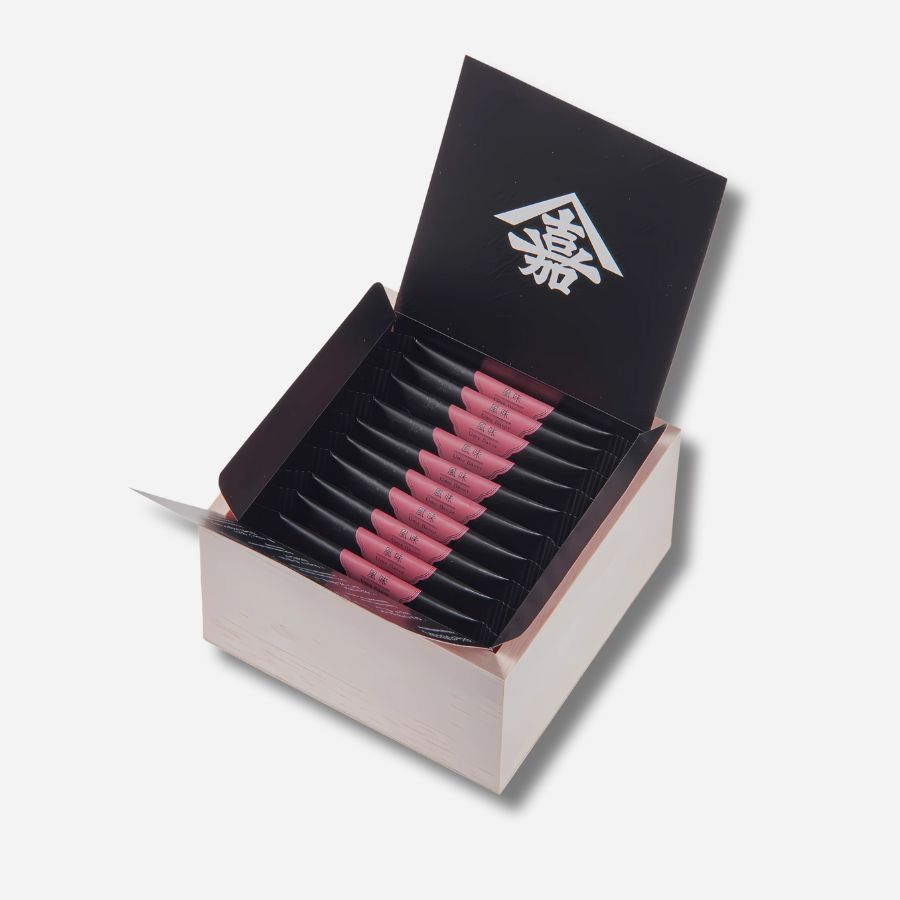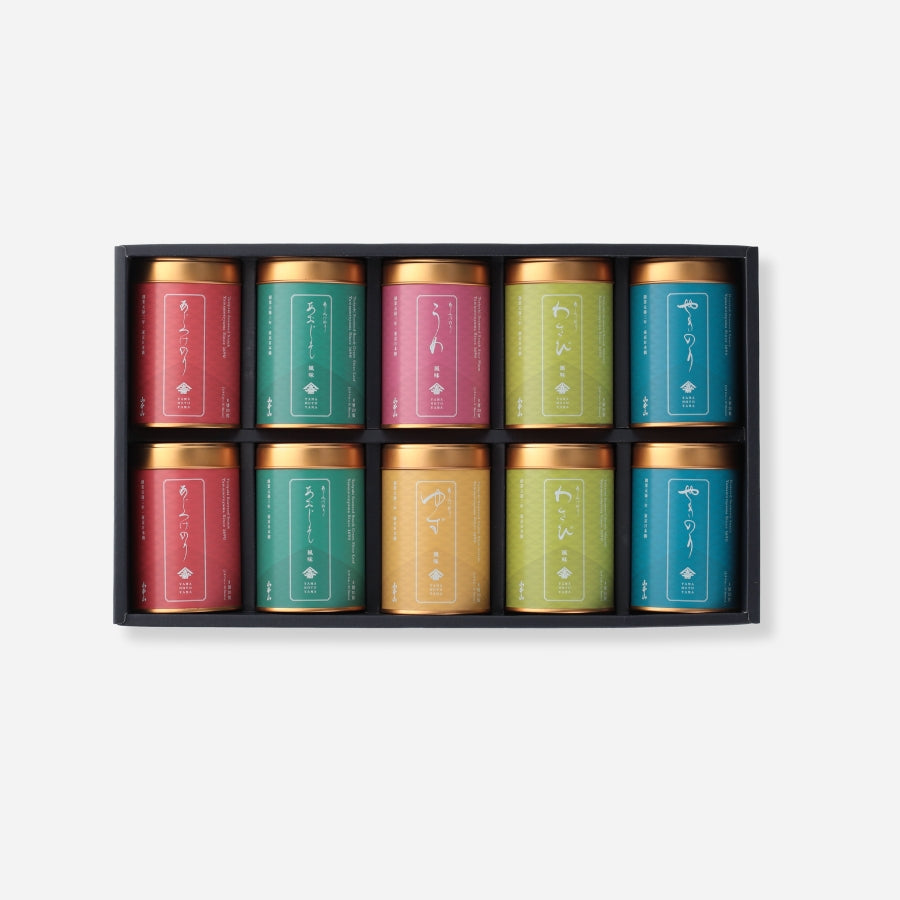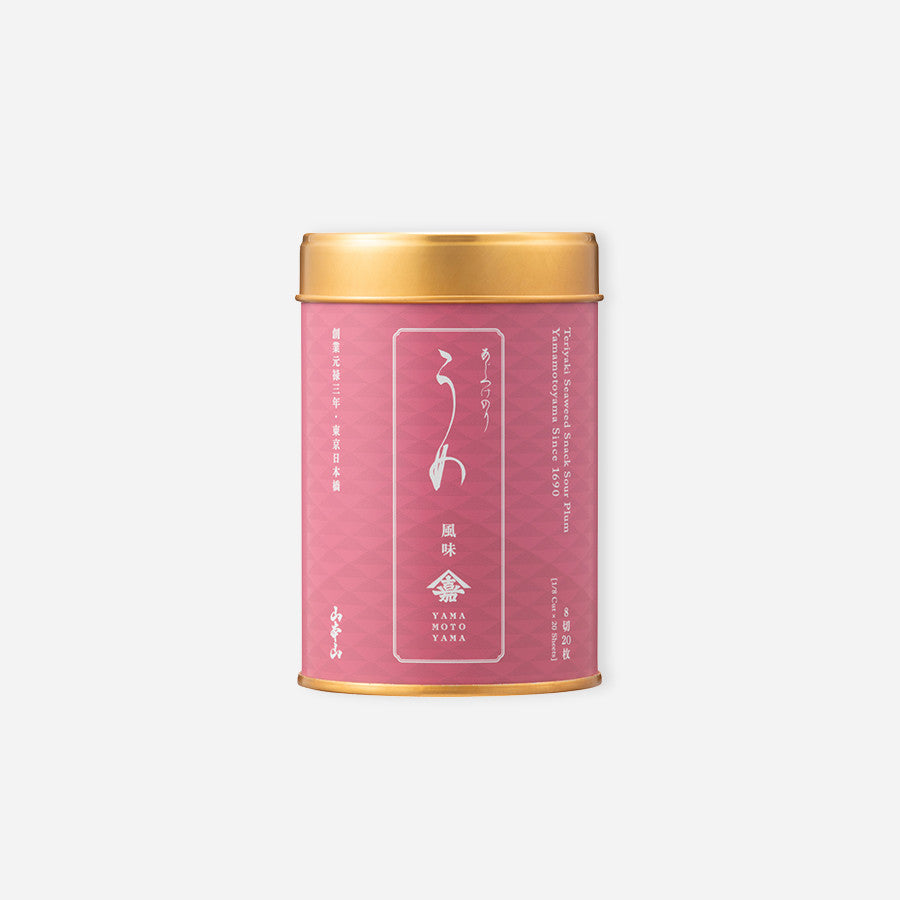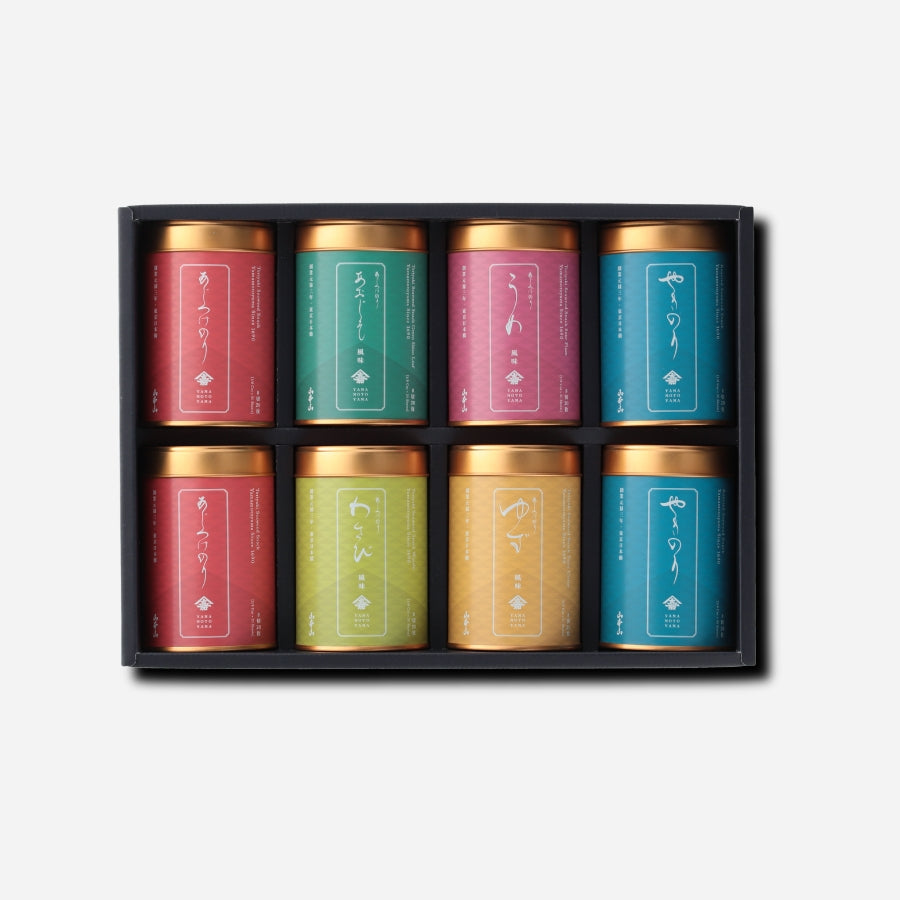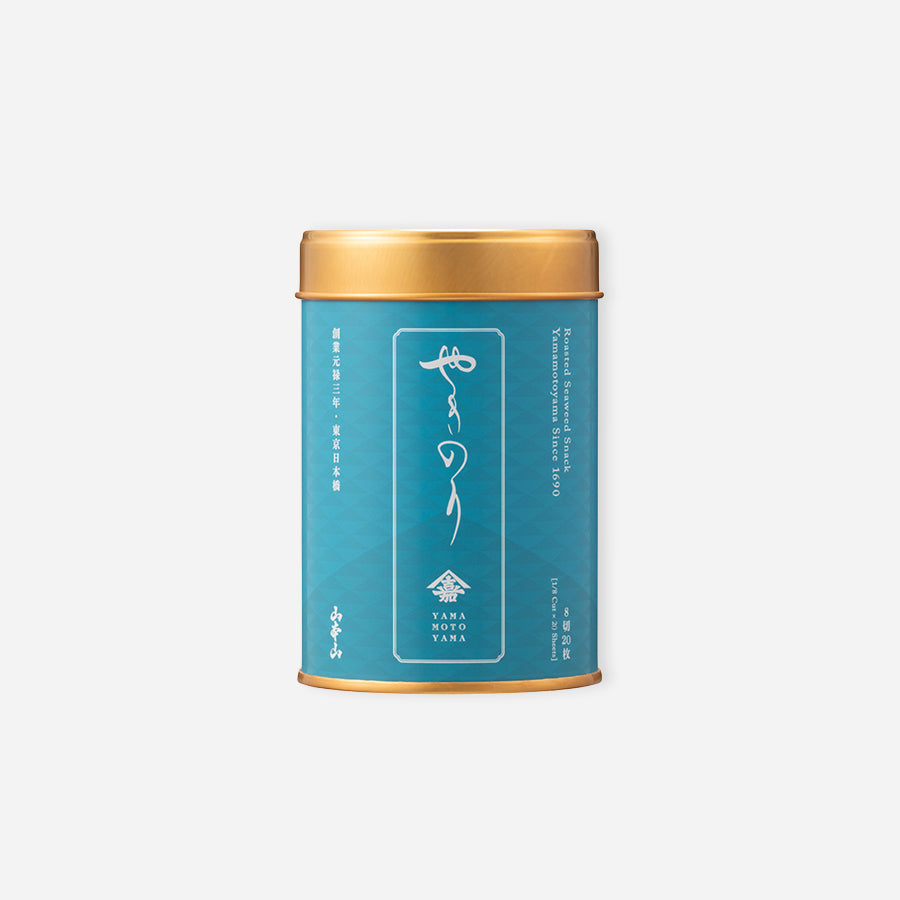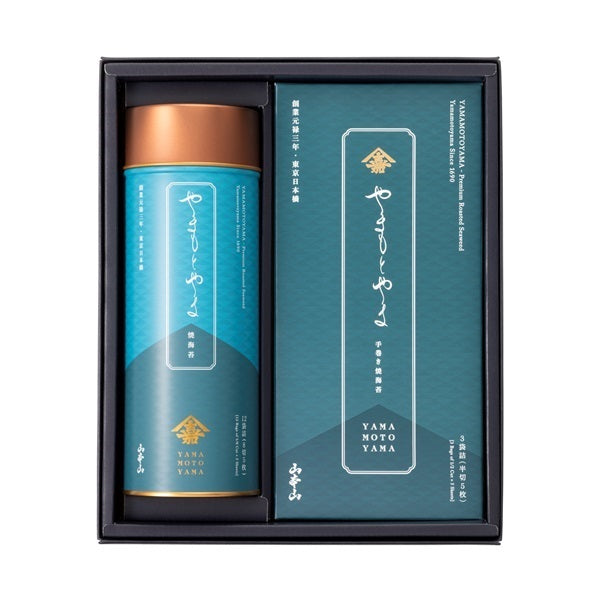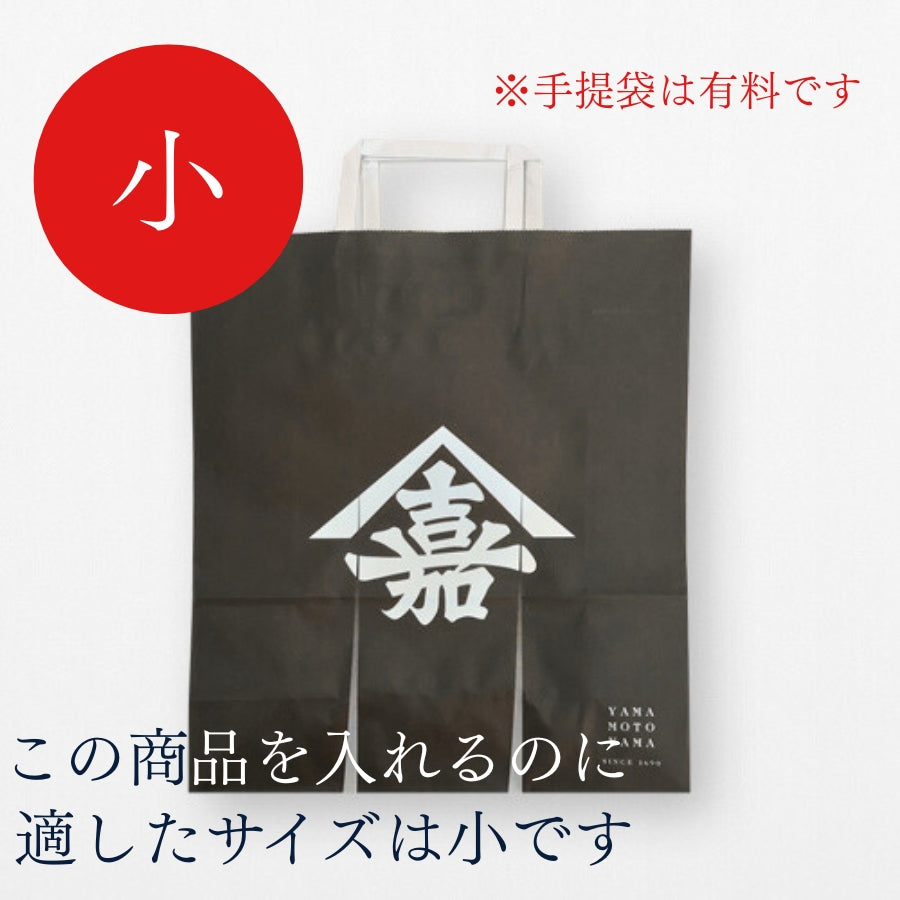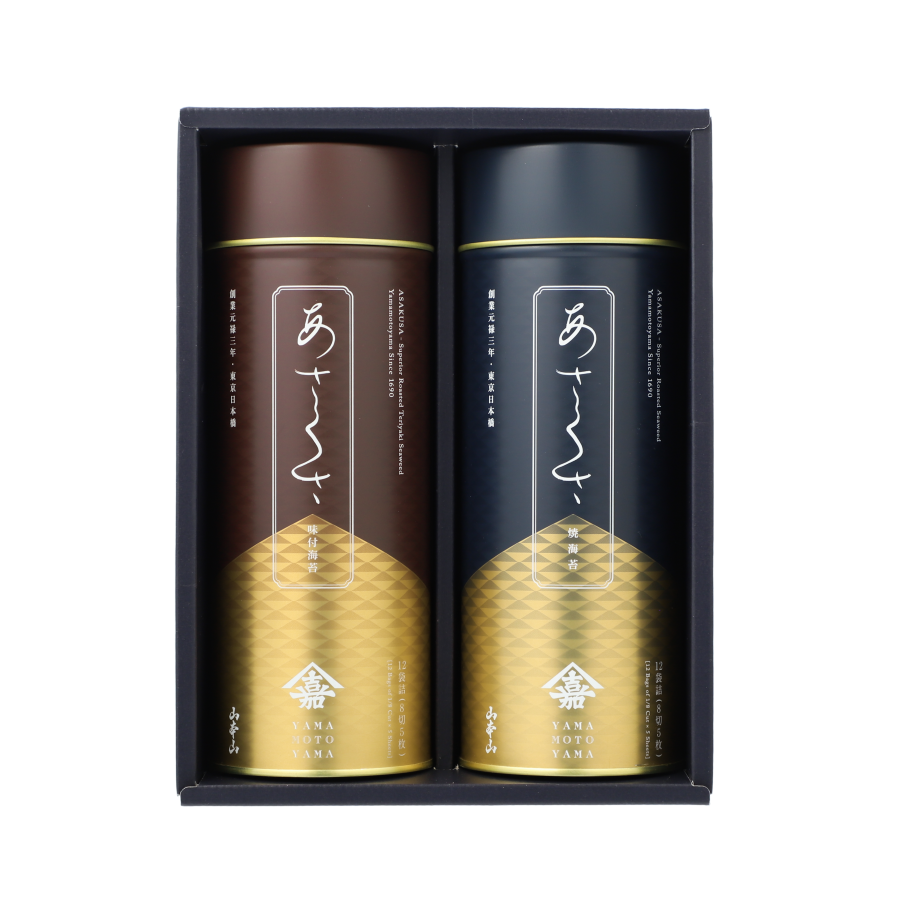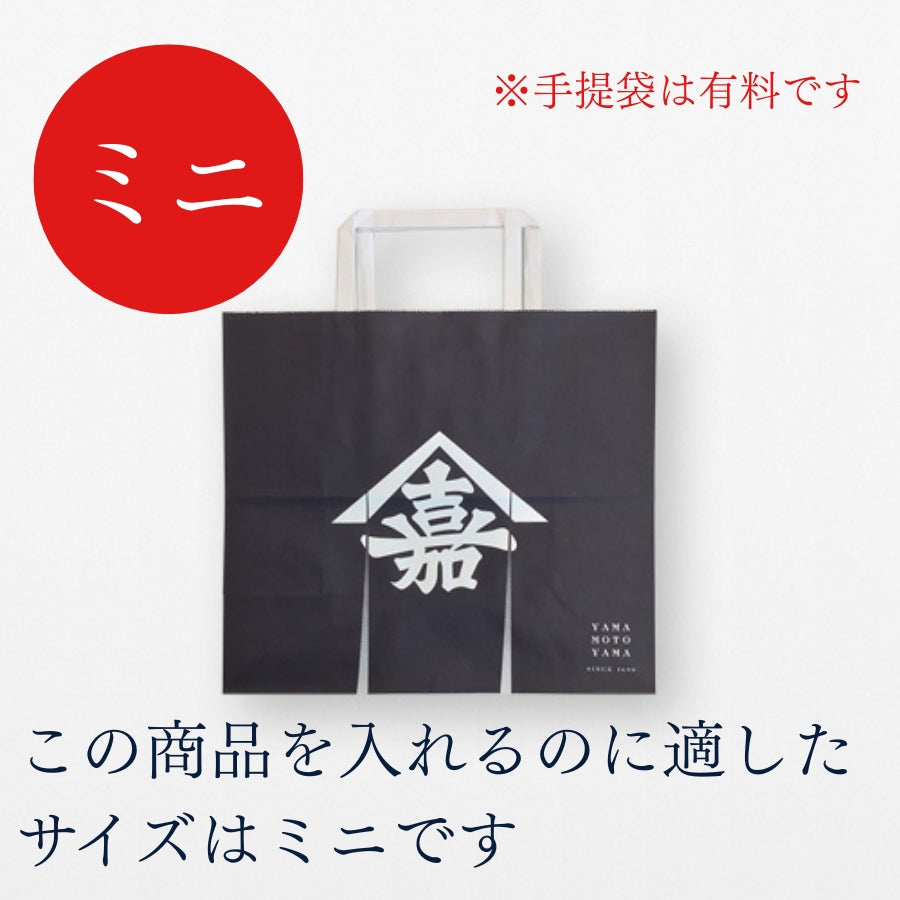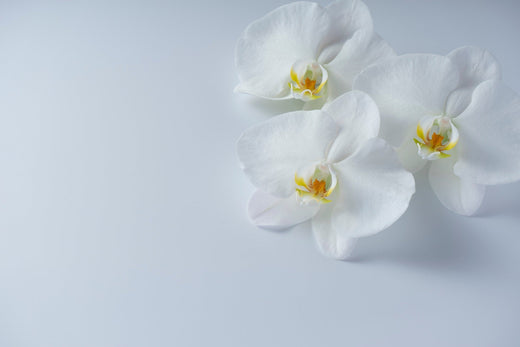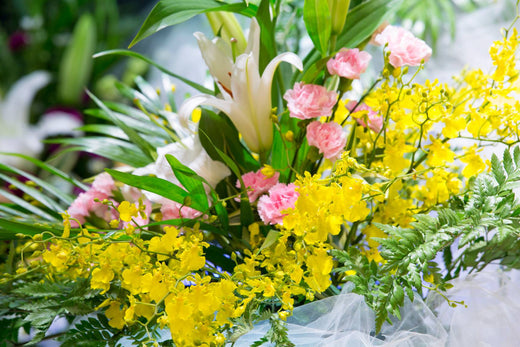
Funeral Thank-you Gifts (Donations and Tips) That Are Hard to Hear About
Introduction
Traditionally, after the funeral, the chief mourner and a representative of the bereaved family would meet in person to express their gratitude to the priests and organizers who had helped them.
However, nowadays, it is becoming more common to express gratitude on the day of the wake or funeral.

Expressing gratitude in modern times
When expressing your thanks in person on the day, you can come across as more polite if you add something like, "I would normally come and thank you again at a later date, but I thought I would express my gratitude in this way."
If you plan to visit again at a later date to give your thanks, you should ask the priest within a few days after the funeral, and the other organizers no later than the seventh day after the funeral to set a convenient date and time for your visit.
You do not have to wear mourning clothes, but try to dress modestly.

To those who helped me
After the funeral, it is essential to give thanks to those who helped you.
Expressing gratitude to religious leaders and caretakers for their kindness is a deeply rooted tradition in Japan.

Thank you to the monks and priests
Gifts of gratitude to the monk, priest, or pastor who performed the funeral are generally called "offerings."
Offerings are money given to monks at funerals, memorial services, and Buddhist memorial services. They are given as a token of appreciation when monks recite sutras and perform Buddhist memorial services, pray for the repose of the deceased, and bestow posthumous names.
This is a fee for performing a religious ceremony and there is no set amount.

The amount of the offering
As mentioned earlier, there is no set amount for the offering.
If you are unsure of how much to give, first ask an older relative or the funeral parlor. If you are still undecided, it is best to ask the recipient directly.
In any case, the estimated cost varies depending on the religion, sect, and region, so it is important to check in advance.

How to give an offering
An offering is given to a priest at a funeral to express gratitude.
There are three main occasions when it should be handed over: when making arrangements for the wake, after the wake/funeral ceremony, or when you greet the deceased again at a later date. In all cases, it is common to hand it over in person.
When making arrangements for the wake, hand over the gift with a greeting such as, "Thank you for your help with this funeral. I look forward to working with you." After the funeral or memorial service, hand over the gift while expressing your gratitude, such as, "Thank you for today" or "Thank you for the funeral the other day."
The envelope for the offering should read "offering" and be handed in a white envelope. Some religions use different inscriptions, so it's a good idea to check beforehand.

Thank you to the organizers
In addition to offerings, Japan has a long-standing culture of giving tips.
While it was once common to give tips, nowadays tips are no longer necessary or are often omitted.
However, funeral customs vary greatly from region to region, so it is safer to follow the local customs of the bereaved family's hometown or home rather than following a uniform nationwide method.

What is a tip?
A tip is money prepared and given by the bereaved family to funeral directors, crematorium staff, and other people who helped with the funeral.
It is a way of expressing gratitude to those who made great efforts to ensure the funeral of the deceased went smoothly.
The gratitude can come in the form of cash, gift certificates, or items depending on the role and number of days they helped.
This was once common practice, but nowadays, public crematoriums are prohibited from accepting tips as a general rule, so it is no longer necessary.
Of course, this varies depending on the region, but it is likely not necessary in the case of funeral homes and other private crematoriums.
If you would like to give a tip as a token of appreciation, it is best to only give it to those who helped organize the funeral, such as relatives, close friends, or colleagues.

Amount of gratitude for the caretaker
As for the amount, the guideline is 10,000 to 20,000 yen for the representative organizer, and 3,000 to 5,000 yen for others.
It is common to give a little more to the person in charge of organizing the entire funeral, and a flat rate to other funeral organizers.
However, some people feel uncomfortable giving cash as a token of appreciation to their superiors, so you can choose a more appropriate form depending on the other person's position and relationship with you, such as giving a gift or having a meal together again.
If you give cash as a thank you gift, it is best to put it in a white envelope and write "Thank you" on the front. Unlike a condolence gift, this is not a thank you gift for an unfortunate event, so you should write it in dark ink.

How to give a gift
Tips are given as a thank you for those who helped with the funeral, so if possible, you should express your gratitude to each person in person.
The amount, gift, and method of giving may vary depending on the region, family customs, and your relationship with the people in charge of the funeral. We recommend that you consult with elders or the funeral parlor in advance.
A tip is just a way to show your appreciation, so it is not necessary. Give what you can within your budget and circumstances.
